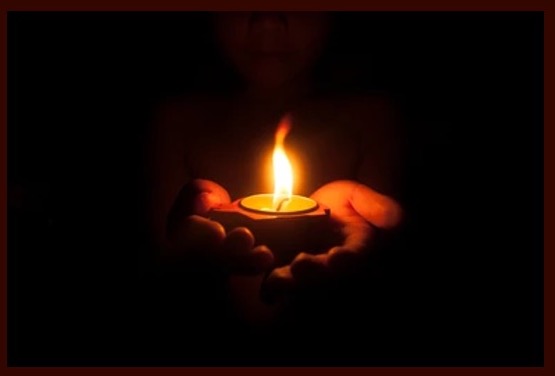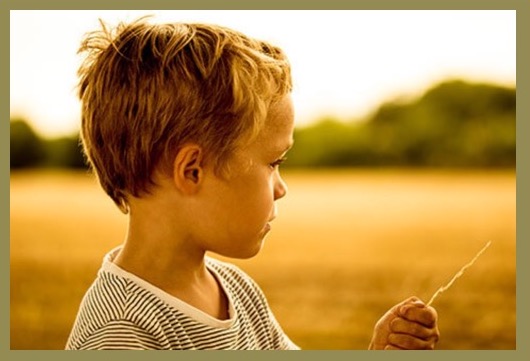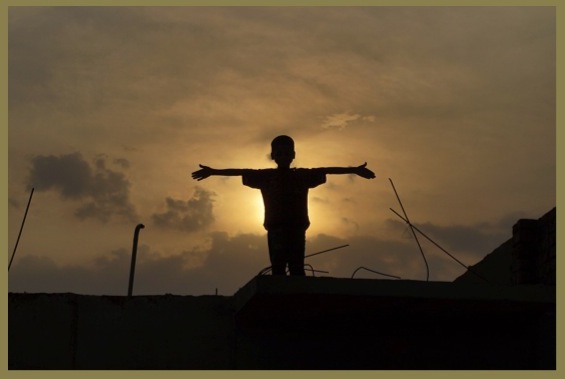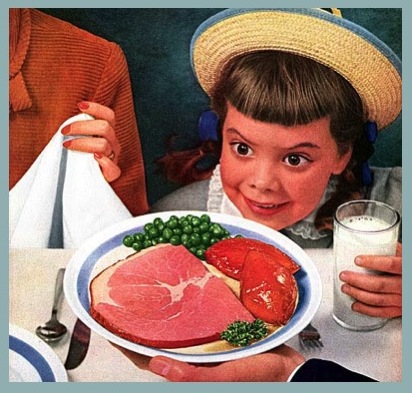Sun 16 Jul 2023
All Weird Things, Episode 2 – Floating
Posted by PJ under 4th avenue, all weird things, belief, childhood, imagination, OBEs
No Comments
I grew up as an only child. When I was very young, before starting kindergarten, I spent a great deal of time playing by myself. I was either a natural born introvert or I adapted to that circumstance early on (there weren’t a lot of playmates around) and was perfectly happy amusing myself. Current science on introverts
says it’s probably in our DNA. My mother was a real extrovert, but my dad was a solitary brooder. He could fake extroversion if he had to and I appear to have inherited that ability—but I am unquestionably an introvert. However, I only brood some of the time.
We lived in a strange little house on a vast lot. It consisted of four beach cabins (those turn of the nineteenth century changing/camping cabins that sat on the sand) which had been strung together to make the core of a small house: two bedrooms, one bath. Add-ons on the back gave it a kitchen, a laundry room, and later a den. Because of its origin as beach cabins the front porch sported four front doors which confused the heck out of salespeople and first-time visitors. The backyard was enormous, taken up by a huge vegetable garden on the northwest side and on the southwest side by a tumble-down pair of shacks referred to as “the garage,” though no vehicles ever parked there. Mostly it held my father’s vast collection of tools and whatever odds and ends of junk he decided to hold on to.
On the front of the lot sat a giant California bungalow style house where our landlady lived. Sandwiched between these two houses was a smallish “front yard” which I loved to play in, especially in a tight little corner (maybe ten feet square) on the northeast side where the two houses were closest to each other. This alcove had a fence on the north holding a massive cascade of yellow climbing roses and against the west side a thick growth of calla lilies underneath my bedroom window. My alcove was shaded by the proximity of the two houses and the fence, always cool in the summertime, and protected in winter. The grass seemed softer there, somehow, and hugged by the houses it was a cool, quiet, secluded place for my imagination to run free.
It was during these solitary play dates with myself that I developed a strange “ability.” I was maybe three or four at the time. I came to believe—though what magical thinking led me to this conclusion is lost to time—that if I jumped into the air with a certain attitude, a kind of unqualified belief mindset (though I could hardly have categorized it that way to myself at the time), I could float in the air until I chose to come back to earth. I used to “do” this frequently. I clearly remember this feeling of my feet leaving the ground and me hovering—usually a few feet above the ground—floating but still me, still in my body. But one day I jumped into the air and felt lighter, more insubstantial, and I just kept going up. I remember floating past the roof line, up, up until I was maybe fifteen to twenty feet above it. I looked down on the shingles in shock. Then I looked up. I could see my father in the backyard working in the garden and that made me scared. I dropped back into my body with a thud. It was the only time I’d felt like I’d been out of my body, and I stood in shock for a minute then ran inside the house to hide in my bedroom. I don’t remember doing my floating trick again after that. In fact, I forgot all about it, as young children often do. Years later when I was eight or nine I suddenly remembered that I used to do that trick and tried to recapture the mindset but I never could. I jumped and jumped but inevitably came right back down to earth.
I’ve wondered, looking back as an adult, if during that extraordinary high air float I was actually astral projecting or having an out of body experience (OBE), but who knows?
The only other time I’ve felt something like that was when I was nineteen or twenty. I was going to college during the day and working night shifts (about thirty hours a week) in West LA at an answering service. I usually got off between 9:00 and 10:00 but this night due to a cock up in scheduling I didn’t get off until 11 or 11:30. I was exhausted. While driving home along a very familiar route that I could do in my sleep I guess I literally did it in my sleep. I was stopped at a light and realized my head and shoulders had floated through the roof of my VW Bug and was staring out at the street from a couple of feet above it. When I realized this the shock sent me plummeting back into myself with another thud. I was wide awake and adrenaline fueled after that.
Waking dreams? Astral projection? Overactive imagination? A Mystic mumbo jumbo combo? I can’t say, but those “memories” are so vivid. According to science,
one in ten people experience OBEs in their life. Some people even try to induce these experiences on purpose. But not me. Whatever I experienced was so deeply unsettling I’ve never sought to repeat it.







